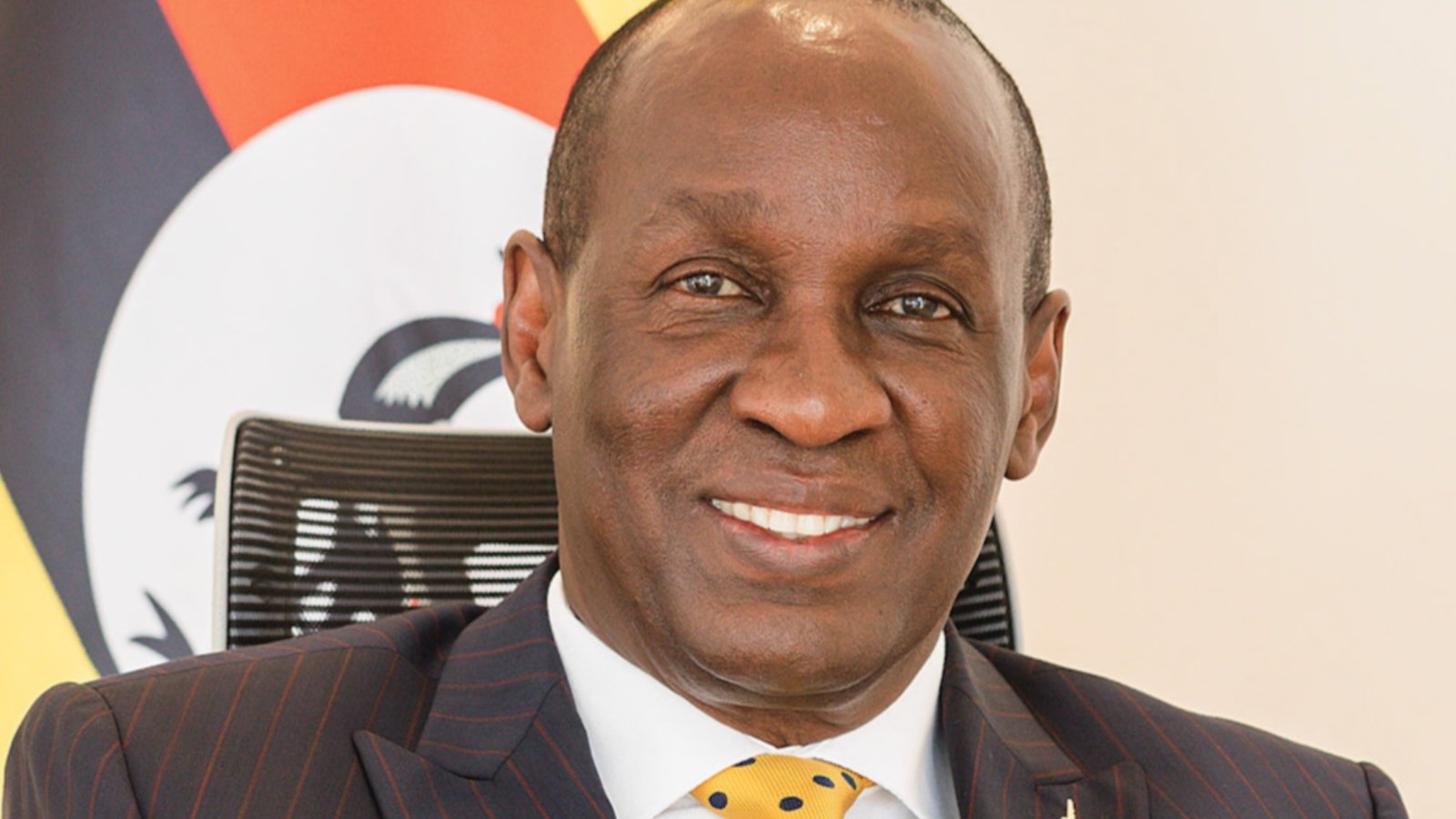Capt. Mike Mukula has called for a major constitutional reform to raise the minimum academic qualifications for Members of Parliament, LCV chairpersons, and mayors, arguing that the current Senior Six requirement is no longer sufficient for today’s complex governance demands.
In a statement posted on his X platform, Mukula said Uganda’s evolving demographics and growing policy challenges require leaders with stronger academic grounding to interpret intricate policy documents, scrutinize national budgets, and perform effective legislative oversight.
“The time has come for Parliament to review and amend the minimum constitutional qualifications,” Mukula wrote. “A Senior Six certificate is no longer sufficient. Raising the bar to at least a bachelor’s degree accredited by NCHE will strengthen the quality of leadership at national and district levels.”
He added that such a change would align with Article 80’s intention of ensuring capable leadership and promote “merit, competence, and informed decision-making,” insisting that Uganda needs “quality, not quantity” for effective governance and sustainable development.
Mukula’s proposal immediately stirred intense debate online, drawing both support and criticism.
Dr. Luwagga Geofrey rejected the idea, arguing that Uganda’s higher education system is riddled with loopholes that make acquiring degrees easier than earning an A-Level certificate. “The degree can actually be bought, unlike the tough S.6 certificate,” he said.
Another commenter, Nicholas Karamaji, backed Mukula’s call but said the country should also consider reducing the size of Parliament to cut costs and improve efficiency. “Fewer MPs would mean lower expenditure on salaries and operations, and more streamlined decision-making,” he wrote.
Others cautioned that the proposal could lock out talented leaders who lack formal academic qualifications. George Geria pointed out that “wisdom and intellect are not borne out of school,” citing individuals without degrees who have demonstrated strong leadership potential.
Jamil Mujuzi noted that President Museveni has previously opposed such qualifications, saying leadership should depend on ability and popularity, not academic papers. He recalled Museveni’s refusal to assent to the Local Government Amendment Act (2019), which sought to introduce similar requirements.
Some commenters argued that Uganda’s leadership challenges stem from systemic shortcomings in the education sector rather than the academic levels of politicians. Niwaha Barnabas pointed out that Parliament already includes 16 PhD holders, over 200 master’s degree holders, and nearly 200 bachelor’s degree holders.
“The problem in Parliament is a reflection of the state of the education system. What are they yielding?” he asked, adding that politics has become a full-time job for many, contrary to its intended purpose.
Mukula’s proposal is expected to fuel renewed debate on qualification standards, representation, and the broader question of what Uganda requires for effective political leadership.





